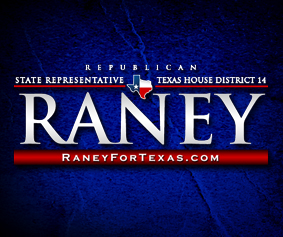As a longtime conservative, I am sometimes asked why I support legislation to require large online retailers to collect sales taxes, also known as the Marketplace Fairness Act. This legislation would level the playing field for all retailers, and I support it because, as a conservative, I believe free market competition is the only fair way to pick who wins and who loses in the marketplace. As we see growth in e-commerce sales explode this holiday season, it is especially important that we fix the imbalance threatening our community retailers sooner than later.
For more than 20 years, the federal government has hung its thumb on the scales and propped up online retail to the detriment of our local brick-and-mortar stores. The cause for this marketplace bias is a long-outdated tax collection protection just for “remote” sellers. The protection was originally put in place for mail-order sellers at a time when there was no software to automate their tax collection.
Today’s online retail giants do not resemble sellers from the early 1990s. They are fierce market competitors that do not need a special advantage over their local retail counterparts. For evidence of this, look no further than the current holiday season. Surging Cyber Monday sales show significant growth in online retail. Meanwhile, we are asking our brick-and-mortar retailers to compete with one hand tied behind their backs by forcing different tax requirements on them. This is interfering with a free market competition. Period.
What’s more, the Marketplace Fairness Act wouldn’t increase taxes a dime. The legislation requires all retailers to collect sales taxes at the time of sale as brick-and-mortar stores have done for decades. Right now, however, the current policy requires customers to learn about, calculate and remit these taxes on their own. That system boasts a tax payment rate in the single digits, and when those other folks don’t pay, the rest of us are stuck picking up the tab. That shift is starting to force the hand of local governments to implement harmful increases in property and income taxes. For some cash-strapped states, it has also meant auditing consumers who may not even know these taxes are due. Both of these are chilling solutions that dampen local economies and job creation.
Local stores fuel the engine that drives economies in most small communities across the U.S. We cannot leave them twisting in the winter wind with an ongoing online tax collection loophole. Community-based retailers are prepared to compete in a free market and that’s what we should give them. I am calling on our delegation in the House of Representatives to pass the Marketplace Fairness Act and restore the level playing field for all retailers no matter where they choose to sell.
John Raney
State Representative, District 14


